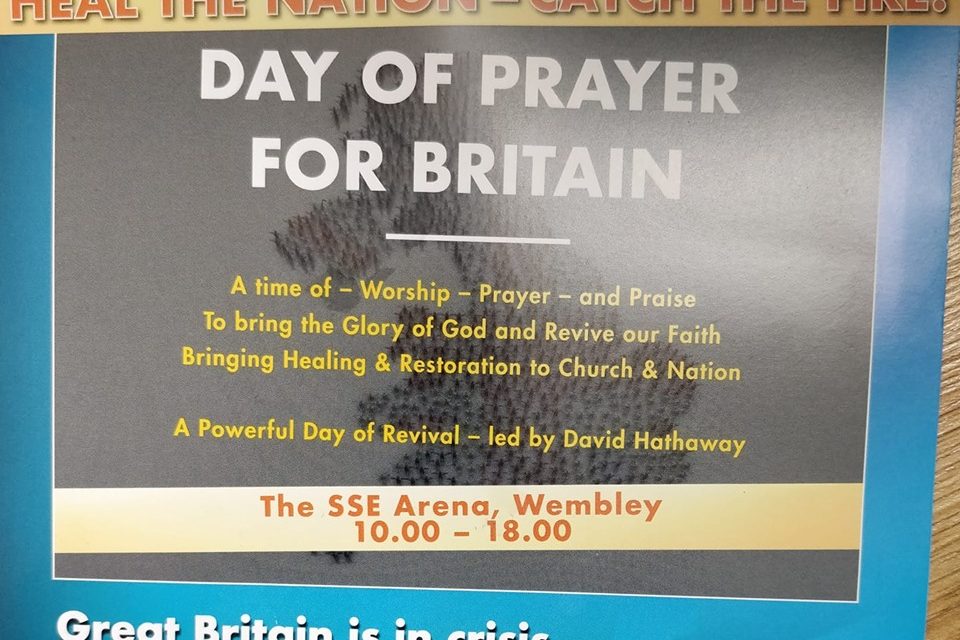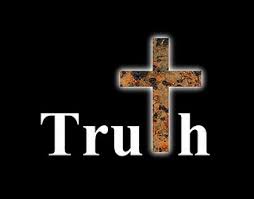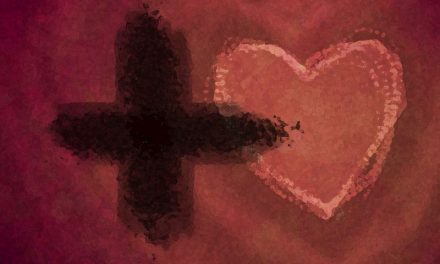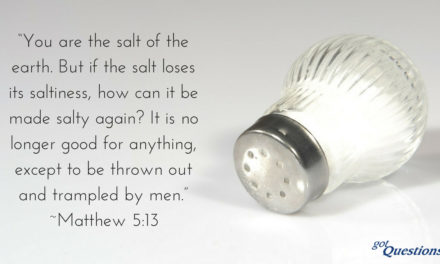Every word of Jesus especially in the Gospel reading from Luke 13 is full of meaning. Jesus used the word “Now” to draw attention to a particular statement or point in a narrative. “Now” in the context of this text marks a consequence of Jesus’ earlier fact about the necessity of repentance. Repentance is necessary to escape not only eternal death but also to overcome earthly infirmity (vs 1-9).
The healing of the crippled woman was a sign that God’s kingdom had come in power to deliver people from bondage (vs 10-17). With opposition from the ruler of the synagogue, Jesus, while teaching in a synagogue on the Sabbath notices a crippled woman who is completely bent over and has been suffering this way for 18 years. Beloved, with whom do you identify in the text? The crippled woman or the ruler of the Synagogue? The crippled woman suggests a person broken in need of healing while the ruler suggests a self righteous leader and preacher in need of rebuke. It is good to note that both the crippled woman and the ruler are under bondage. The woman is bound, crippled spiritually and physically while the ruler is bound in the sense that his understanding of the Sabbath law is in gratifying his seductive culture and desires; lost sight of the life-giving and saving that comes when we observe Sabbath in Truth and in Spirit.
Jesus sees the crippled woman and calls her over and said, “Woman, you are set free from your ailment.” Jesus laid his hands on her and immediately she was made straight and glorified God (v 13). Before her encounter with Jesus, this woman was defined by her infirmity. She was under physical, emotional and psychological torture and imprisonment of her own body. The condition of the woman resonates with the state of the church and nations crippled spiritually, politically and economically. The story of the woman suggests a beautiful picture of a sinful bound humanity and church who can only be delivered by the saving power of Jesus rather than focusing and gratifying in our seductive culture and desires. The question for our reflection is, what kind of infirmity is within us that prevents the church from being used of God? What is causing the church to be ‘bent over’ to the world secular standards, theology, and dictates that it become helpless? Even, in our context, in United Kingdom, the politicians are warning the Archbishop of Canterbury, Justin Welby not to interfere with Brexit but the politicians are free to interfere and even help to redefine Christianity and its practices. Jesus’ message to the churches with reference to the book of Revelation challenges our compromise, apathy, indifference, and toleration of sin (Rev 21-22). Just as the book of Revelation provides descriptions and solution for the churches’ spiritual and physical infirmities, ‘what Jesus does for the cripple woman is set her free from the torture and imprisonment of her own body. Jesus gives her a new life, free from pain, free from shame, free from isolation. Jesus restores to the woman her dignity, her sense of self-worth, her place in the community, and her very identity. No longer simply a cripple, she is, as Jesus calls her, a proud daughter of Abraham, heir of God’s promise, and participant in God’s covenant.’ Only Jesus can give a new life to the church and our nations. Only Jesus can set us free from our pain and shame. The church like the crippled woman is in need of restoration – sense of spiritual and missional worth, identity and counter-cultural calling in the community.
Jesus Christ alone, full of pure grace is able to reach out to you and I as he reached out to the outcast woman whose everyday life is worse than death. The touch of Jesus gives wholeness, health, and peace that God always intended people and nations to have. The 18 years of pain and shame of the crippled woman points us to the source of the healing for the church and our nations. We need to reflect on the reason why the ruler of the synagogue cannot rejoice in the mighty miracle or thank God for it or was the ruler was making fortune out of the crippled woman and her infirmity? The ruler in expectation to maintain his job by keeping the waiting crowd under bondage asked them to go away: ‘There are six days on which work ought to be done,” he says; “come on those days and be cured, and not on the Sabbath day.” Over the centuries and even today, like ‘the Jewish religious leaders had added rule after rule to God’s law,’ Christianity is facing increasing global redefinitions and persecutions. Seven times Jesus healed people on the Sabbath – Jesus sends a demon out of a man (Mk 1:21-28), Jesus heals Peter’s mother-in-law (Mk 1:29-31), Jesus heals a lame man by Bethesda Pool (Jn 5:1-18), Jesus heals a man with a withered hand (Mk 3:1-6), Jesus restored a crippled woman (Lk 13:10-17), Jesus heals a man with dropsy (Lk 14:1-6), Jesus heals a man born blind (Jn 9:1-16).
God is calling on us as a church and nations to stop hidden behind our own set of laws to avoid God’s commands and values. We are in a fallen world where it is common to use the letter of the law to rationalise away God’s call for repentance and holiness. Based on the Gospel reading, the synagogue ruler’s inconsistency and his lack of understanding of God’s will are revealed to all (Lk 13:17).
Worshipping God in Sabbath under the Lordship of Jesus Christ alone is about healing and releasing the people and leaders from bondage and giving them new lives in Jesus Christ so that we can all praise God together in the beauty of His holiness.
In preparation for the – HEAL THE NATION – CATCH THE FIRE! Day of Prayer for Britain on Saturday 31 August 2019 at the SSE Arena, Wembley, kindly join me to prayerfully sing this song “In Christ alone,” written by Keith Getty and Stuart Townend:
In Christ alone my hope is found;
He is my light, my strength, my song;
This cornerstone, this solid ground,
Firm through the fiercest drought and storm.
What heights of love, what depths of peace,
When fears are stilled, when strivings cease!
My comforter, my all in all—
Here in the love of Christ I stand.
In Christ alone, Who took on flesh,
Fullness of God in helpless babe!
This gift of love and righteousness,
Scorned by the ones He came to save.
Till on that cross as Jesus died,
The wrath of God was satisfied;
For ev’ry sin on Him was laid—
Here in the death of Christ I live.
There in the ground His body lay,
Light of the world by darkness slain;
Then bursting forth in glorious day,
Up from the grave He rose again!
And as He stands in victory,
Sin’s curse has lost its grip on me;
For I am His and He is mine—
Bought with the precious blood of Christ.
No guilt in life, no fear in death—
This is the pow’r of Christ in me;
From life’s first cry to final breath,
Jesus commands my destiny.
No pow’r of hell, no scheme of man,
Can ever pluck me from His hand;
Till He returns or calls me home—
Here in the pow’r of Christ I’ll stand.”










Recent Comments